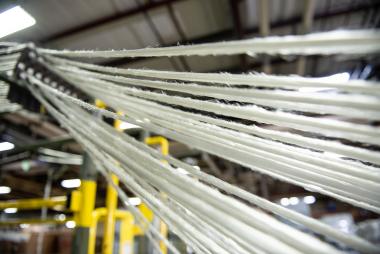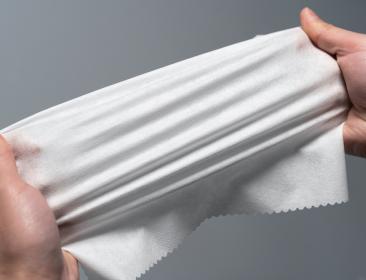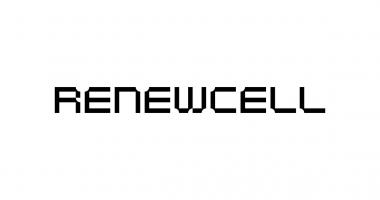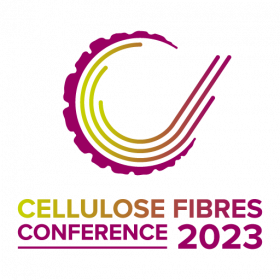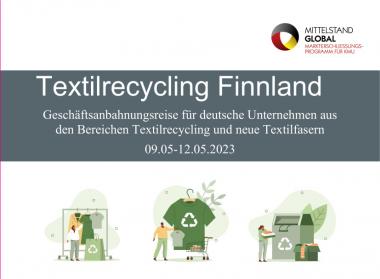Resource-efficient dyeing solutions for sustainable PA fibers
CHT and Fulgar have collaborated to support the goal of reducing the carbon footprint with an effective and sustainable solution for the textile market.
Combining FULGAR’s circular economy ready yarns with CHT’s resource-saving dyeing techniques significantly reduces the usage of natural resources and leads to lower environmental impact and ultimately a lower carbon footprint. The combined process needs less water, uses less energy, and saves time while meeting the color fastness standards for finished textile products.
The combination of 100 % biobased polyamide EVO® by FULGAR yarns with CHT sustainable dyeing application can save water up to 64 %, energy use up to 50 % and process time up to 50 %, when compared to standard dyeing processes. Sustainable dyeing of EVO® is promoted using CHT’s soy-based dyeing auxiliary SARABID TS 300. SARABID TS 300 has accredited a C2C Certified Material Health Certificate at Gold level and USDA Certified Biobased Product Certification.
EVO® by FULGAR, the totally renewable yarn based on castor plants, does not require high amounts of water - 4 times less compared to cotton. In addition to the sustainable aspect, EVO® by FULGAR offers characteristics like lower fiber weight, particular moisture management and higher stretch often without the need for elastomer fiber. This helps to avoid material mixes for better recycling opportunities. EVO® provides greater user comfort, mainly for performance and casual apparel.
CHT Germany GmbH









